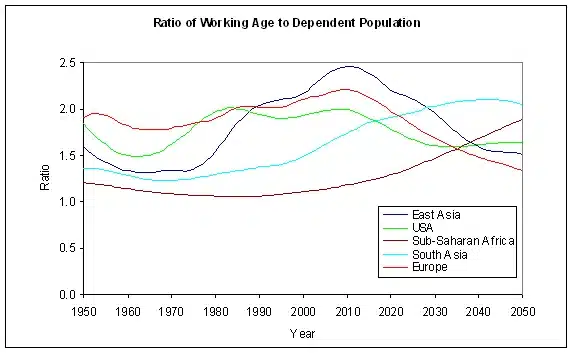Introduction of FDI and FII
Both FDI and FII is related to investment in a foreign country. FDI or Foreign Direct Investment is an investment that a parent company makes in a foreign country. On the contrary, FII or Foreign Institutional Investor is an investment made by an investor in the markets of a foreign nation.
- In FII, the companies only need to get registered in the stock exchange to make investments. But FDI is quite different from it as they invest in a foreign nation.
- The Foreign Institutional Investor is also known as hot money as the investors have the liberty to sell it and take it back. But in Foreign Direct Investment, this is not possible. In simple words, FII can enter the stock market easily and also withdraw from it easily. But FDI cannot enter and exit that easily. This difference is what makes nations to choose FDI’s more than then FIIs.
- FDI is more preferred to the FII as they are considered to be the most beneficial kind of foreign investment for the whole economy.
The Foreign Direct Investment is considered to be more stable than Foreign Institutional Investor. FDI not only brings in capital but also helps in good governance practises and better management skills and even technology transfer. Though the Foreign Institutional Investor helps in promoting good governance and improving accounting, it does not come out with any other benefits of the FDI.

FII vs FPI
There is no difference between FPI and FII. Foreign institutional investors (FII) are a single investor of a group of investors that brings in foreign portfolio investments (FPI). Hence, they are one in the same. They involve investing in financial assets like the bonds and stocks of another country.
FDI in different sectors:
| Sector | FDI Limit | Route |
| Agriculture and allied activities | 100% | Automatic |
| Coal Mining | 100% | Automatic |
| Defence | 100% | Automatic up to 49%; Government Route beyond 49% |
| Print Media | 26% | Government Route |
| Airports | 100% | Automatic |
| Telecom | 100% | Automatic up to 49%; Government Route beyond 49% |
| Single Brand Retail | 100% | Automatic up to 49%; Government Route beyond 49% |
| Private Sector Banks | 74% | Automatic up to 49%; Government route beyond 49% |
| Public Sector Banks | 20% | Government Route |
| Insurance | 74% | Automatic Route |
Sectors where FDI is prohibited
- Lottery Business including Government/private lottery, online lotteries, etc.
- Gambling and Betting including casinos etc.
- Chit funds and Nidhi company
- Trading in Transferable Development Rights (TDRs)
- Manufacturing of cigars, cheroots, cigarillos and cigarettes, of tobacco or of tobacco substitutes
- Activities/sectors not open to private sector investment such as Atomic Energy and Railway operations.
Key Differences Between FDI and FII
The significant differences between FDI and FII are explained below:
- Foreign Direct Investment or FDI is defined as the investment made by a company in the company situated outside the country. Foreign Institutional Investor or FII is when investors, most commonly in the form of institutions that invest in the country’s financial market.
- FII is a way to to make quick money, the entry and exit to the stock market are very easy. On the other hand, the entry and exit are not easy in FDI.
- FDI brings long-term capital in the investee company whereas FII may bring long or short term capital in the country.
- In the case of FDI, there is the transfer of funds, resources, technology, strategies, know-how. Conversely, FII involves the transfer of funds only.
- FDI increases job opportunities, infrastructural development in the investee country and thus leads to economic growth, which is not in the case of FII.
- FDI results in the increase in the country’s productivity. As opposed to FII that results in the increase in the country’s capital.
- FDI targets a particular company, but FII does not target a particular company.
- FDI obtains management control in the company. However, FII does not enable such control.
- The Foreign Direct Investment is considered to be more stable than Foreign Institutional Investor.
- If a foreign fund buys less than 10 per cent stake in a company, such an investment will be considered FPI regardless of the route chosen. Conversely, if the ownership of an FPI in a company crosses 10 per cent, such an investment would be considered FDI.
While the FDI flows into the primary market, the FII flows into secondary market. While FIIs are short-term investments, the FDI’s are long term.
Summary
1. FDI is an investment that a parent company makes in a foreign country. On the contrary, FII is an investment made by an investor in the markets of a foreign nation.
2. FII can enter the stock market easily and also withdraw from it easily. But FDI cannot enter and exit that easily.
3. Foreign Direct Investment targets a specific enterprise. The FII increasing capital availability in general.
4. The Foreign Direct Investment is considered to be more stable than Foreign Institutional Investor.
Also refer :
- Top 50 Science MCQs For Competitive Exams
- Know About The Different Financial Sector Regulators In India








